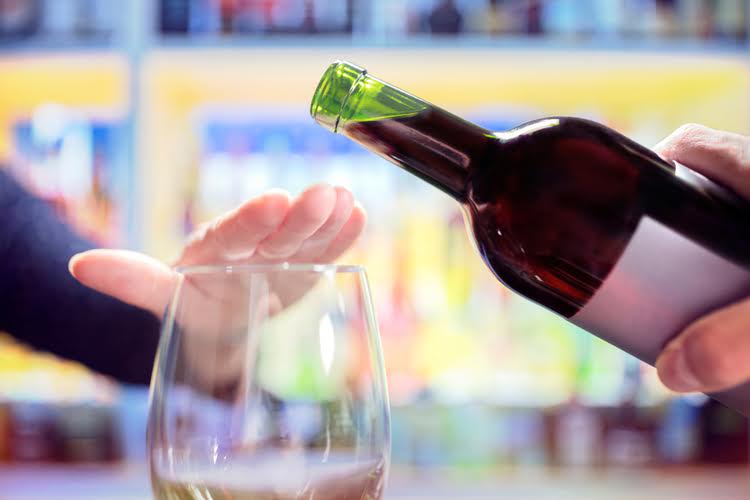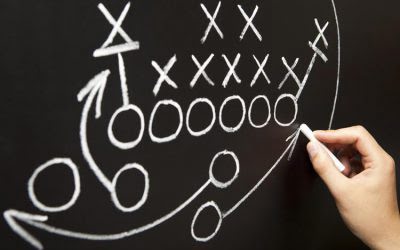Content
While there is only limited white noise sleep research, many people swear by it. Just look at all the available white noise sleep machine apps out there. White noise and other soft redundant sounds, like a running fan or falling rain, drown out other sounds, leaving fewer distractions for your brain. With this therapy, your therapist will help you set a time limit for how long you can spend in bed, like 5 hours the first week. You are essentially retraining your brain to expect to sleep when in your bed. If you cannot recover mentally and physically, it will be hard to stay sober long-term.

You may also want to try progressive muscle relaxation, aromatherapy, bright light therapy, and biofeedback exercises, which your mental health therapist can teach you. Both drinking alcohol and withdrawing from alcohol can cause problems https://www.healthworkscollective.com/how-choose-sober-house-tips-to-focus-on/ with sleep maintenance. Sleep maintenance insomnia means you have a hard time staying asleep, or even if you get eight hours of sleep, it is not restful sleep. You feel just as tired when you wake up as you did when you fell asleep.
The Best Foods To Help You Sleep
Everyone who comes through our doors is in a moment of profound struggle in their lives. We support them through a life-changing process of healing and recovery, and they leave Top 5 Tips to Consider When Choosing a Sober House for Living our facilities changed. As mentioned above, it also allows us to have a national brand, which will make us a recognizable name in the addiction and mental health field.
Your central nervous system becomes more excitable, counteracting the effects of alcohol. This shift in the central nervous system is largely responsible for the development of tolerance and is the main driver of alcohol withdrawal symptoms. These effects often lead people to use alcohol as a sleep aid, as the short-term effects can promote relaxation and help you fall asleep quicker.
How to Fall Asleep Without Drinking Alcohol
There is nothing more satisfying than helping others learn to live again and piece their lives back together as they become strong, productive members of society. The best part of my job is being able to show up for my team and clients; they all mean the world to me. I get to brainstorm and strategize with tons of different personalities. If I am not learning something about our industry or workplace, I am certainly learning how to effectively collaborate with different types of individuals.
- When alcohol has been introduced to the sleep cycle, the functions of the brain are impeded, and the cycles become disrupted.
- Jennifer is a healthcare executive, and the founder of Kinkaid Private Care, a private health management company specializing in assisting patients in their homes with complex medical diagnoses.
- Thus, the dose-dependent effects of alcohol on sleep seem to parallel the dose-dependent effects of alcohol on norepinephrine release.
When your sleep patterns are impacted like this, the sleep you do get isn’t the healthy naturalistic sleep that’s best for your health and energy levels. And when sleep architecture is impacted over multiple nights, your daytime energy and performance are, too. When you don’t get enough REM sleep one night, you might experience REM rebound the next time you go to sleep. This is when your body spends more time in REM to make up for the lack of it the night before, meaning your sleep architecture is yet again changed.
Sleep Products
Meaning if you’re turning to alcohol as a sleep aid, it’s actually having the opposite effect on your sleep than you’re looking for. And even if you don’t use it as a sleep aid, drinking too close to bedtime can be impacting you more at night and the next day than you think. For most people, insomnia and alcohol withdrawal will end after about a week. However, some people may continue to experience insomnia related to their alcohol use disorder for weeks or months. These people can benefit from continuing with sleep medication or seeking cognitive-behavioral therapies for insomnia, which have been shown to be effective at improving sleep quality in recovery. Alcohol has sedative effects that can induce pleasant feelings of relaxation and sleepiness.

A lot of people who think they have insomnia, she said, may just be drinking too much or too close to bedtime. Even though it makes you feel sleepy, alcohol can cause you to wake up more often during the night, make your snoring worse, suppress your REM sleep, and increase your odds of sleep apnea and insomnia. You don’t have to avoid alcohol altogether to get better sleep, however. In general, stop drinking alcohol three to four hours before bed to give your body enough time to get it out of your system.
Can Sleep Problems Predict Relapse Among Alcoholics?
You can check the RISE app for your individual alcohol cutoff time each day for a more accurate time. When you drink alcohol close to bedtime, your sleep architecture is impacted. This might sound like a good thing, but it comes at the cost of the other sleep stages — which are just as important to your health and everyday functioning. Several animal studies addressed the possibility that sleep disturbances in early development could lead to heavy alcohol consumption later in life (e.g., Hilakivi et al. 1987). In these studies, newborn rats were treated with various antidepressants, resulting in reduced levels of REM sleep compared with untreated rats. As adults, the treated rats exhibited decreased levels of certain brain chemicals implicated in sleep (i.e., monoamine neurotransmitters) and increased alcohol consumption compared with the untreated rats.

